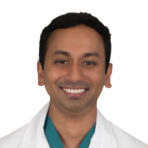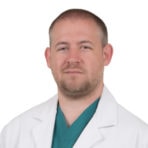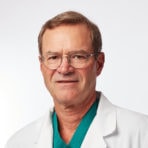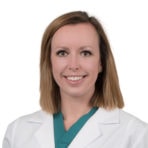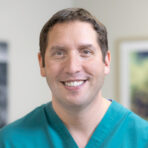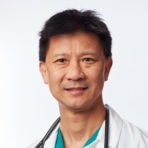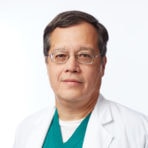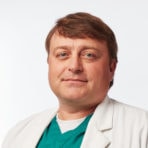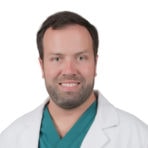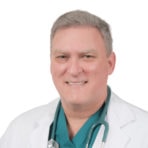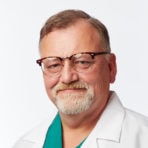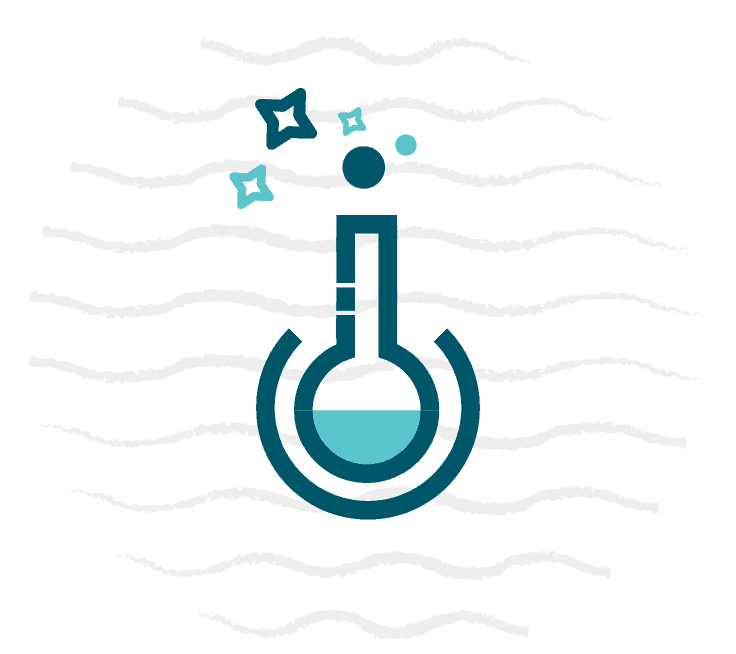Cullman Regional Laboratory Services performs tests in order to obtain important information that helps your physician diagnose, treat and/or prevent disease. We offer a full range of testing, with numerous laboratory tests done in-house and an unlimited number of tests for which specimens are collected here and processed at our reference lab, Mayo Medical Laboratories.

We adhere to the highest laboratory standards by participating in strict quality assurance programs. Cullman Regional Laboratory Services is licensed and accredited by The Joint Commission, the State of Alabama and we meet all requirements of the Clinical Laboratory Improvement Amendments (CLIA), reflecting adherence to a rigorous checklist of requirements.
Visitors to the outpatient lab
Most laboratory tests do not require an appointment, but may necessitate fasting or a visit first thing in the morning. Some hormonal measurements change during the day, so lab collections over time may be needed to determine reference ranges or normal values.
We also offer outpatient laboratory services, based on your physician’s orders, Monday-Friday, 7 a.m. to 5 p.m., and after hours if required. We provide comprehensive inpatient and outpatient testing services include clinical and surgical pathology, blood bank, chemistry, hematology, immunology, microbiology and urinalysis. Histology and cytology analyses are also available.
Please bring the following when you visit our outpatient lab:
- Physician order (your physician’s office will provide this to you)
- Insurance cards
Our Services
Improving health begins with improving the health care in our own communities. Effective and efficient health care requires the willingness to find solutions through new approaches. Cullman Regional Laboratory Services provides quality care in a changing landscape.
Comprehensive Courier Service
- Daily pickups
- Supply delivery
Skilled Care/Nursing Home Services
- Phlebotomy service
- Courier service
- Skilled nursing facility billing
Drug and Alcohol Testing
- Employee drug screen testing
- 49 CFR part 40 (DOT) – Certified collectors
- Breath alcohol testing – Certified collectors
Clinical Lab Services
- Hematology/Coagulation
- Biochemistry (including endocrinology and therapeutic drug monitoring)
- Immunology/Serology/Urinalysis
- Microbiology
- Immunohematology/Transfusion Services
Consultative Services
- Clinical and anatomical pathology via follow-up with pathologists
- Consultation regarding test selection
Quick Turnaround Time
- Most routine tests performed same day
- STAT testing upon request
Our Lab Is Convenient for Patients and Providers With:
- Broad geographic service area
- Convenient collection/draw sites and hours
- Large menu of available tests
- Quick turnaround time and rapid reporting of test results, expediting
- Patient care and reducing inpatient length of stay
- Continuity of care between inpatient and outpatient testing, yielding
- Administrative efficiencies and avoiding duplication
- Knowledge of the local health care communities
Hours
Monday – Friday,
7 a.m. to 5 p.m.
Location
First floor,
Professional Office Building 1
1948 Alabama Highway 157
Cullman, AL 35058
Contact
Outpatient Lab Telephone: 256-737-2943
Results Requests: 256-737-2157
Pathology Services: 256-737-2614


